I am writing this post, because, it is probably something I should have written several months ago when I started writing a daily blog on my thoughts about suburban survival. I really started getting concerned about what was going on in the world when I saw little progress in Afghanistan and Iraq. I am just as concerned about it now, since we (our elected officials) have decided it is time to start the process of pulling out of those countries. It is going to get messier over there that I think we know once we are removed from the daily fighting. Honestly, I have mixed feelings about the wars, but our heroes need to be home with their families. That said, I have watched the housing bubble erupt into a volcano of homes being abandoned, people losing their jobs and are living on government subsidy at or below poverty level, no new jobs being created to help employ those unemployed, and government spending so out of control that I am not sure this country is ever going to recover fully.
My concern for our countries woes brought me not to the Internet to look for problems, but to a book by Neil Strauss called Emergency: This Book Could Save Your Life. I picked it up quite on a whim, but when I read it, I could not put it down. I couldn’t believe what I was reading. It was “my” primer to becoming a prepper and a survivalist. I cannot tell you how quickly I finished the book. I burned right through it. And, like any neophyte prepper, packed up my backpack with any supplies I had in my home, bought stuff online, and assembled a bug out bag. Then I started buying food, stored water, etc. I was starting to get purchase crazy. I fight that urge a lot. I think a lot of people do. At least I hope I am not the only one.
After several months of starting to prep, buying food to store, refining my Bug Out Bag, picking up books on survivalism, thinking about bug out and bug in plans, my suburban and urban philosophies of survivalism have become quite refined. I am now quite the advocate of bugging out in the early stages of a SHTF. I feel that you have a very short period of time to make the decision to bug out. This reasoning is behind a simple statement I once heard, in a movie of all places. Agent “K” said to Agent “J,” in Men In Black, “A person is smart, people are dumb, panicky, dangerous animals, and you know it.” That got me thinking about bugging in, or bugging out. That got me thinking about Hurricane Katrina, it got me thinking about earthquakes, martial law, economic collapse, EMPs, chemical or biological attack/accidents, etc. It got me thinking about what happens in the event the SHTF, food cannot be delivered to your local grocery store. What happens in four or five days when there is no power, it is winter time, your neighbors have no heat, food, running/clean water, etc. I started calling these people refugees, because they would start milling around looking for resources. I then met a gentleman, a school teacher, and a prepper/survivalist, that said, refugees was “politically correct” for “locusts” that devour all resources in their path and where they land. When people run out of their own resources, they will become locusts, looking for their neighbors resources, or worse yet, your resources as a prepper, and if they get them, they have struck gold!
So bugging in, if you do so in the suburbs of a major city or if you are a resident of a major city, is a tricky situation, and if you do bug in, you should be prepared to make your place look like someone ransacked it, and that it has been pilfered through already so you can camouflage your stay so the locusts hopefully pass you by. This would work better in the suburbs than a city, as most city dwellers are apartment dwellers. If you are an apartment dweller, you better know when to bug out, and that is at the first sign of a SHTF. You have a very short period of time to make the decision to “get out of Dodge” when a real SHTF situation occurs.
Bugging out, however, isn’t enough. You need a bug out plan. You need a place to go, commonly called a bug out location or a fall back location. You may need rendezvous points and multiple fall back locations to meet family or friends that you may be bugging out with. You need to decide on what types of situations you would require bugging out from in your particular geography. You need to have preps and caches there. You need to have enough supplies there, in the event you need to stay for an extended period of time so that you can be self sufficient without relying on others around you.
You need to be able to protect yourself, your family, and/or your team on the way to your BOL. However, if you are bugging out of a heavily populated urban or suburban area, expect that there is a a good chance that there will be Local, State, and Federal law enforcement around possibly at checkpoints on major highways if you bug out. If this is the case you need to be prepared to explain yourself, as well as explain away any weapons you may be carrying with you if they are searching vehicles. And, expect that if this is nuclear, biological, or chemically related, there may be a quarantine of a certain radius you fall in, and you may have trouble getting out. These among all reasons, are why I say as a survivalist in the suburbs or urban areas you need to bug out early in a SHTF. Again, you only have a short period of time to make that decision, and you need to have your BOB ready to go and any other supplies, that I happen to call “Grab and Go Gear” that you may need to bring with you in certain situation. Your grab & go gear may include, a propane heater, extra ammunition, extra food, extra water, tactical gear, winter weight clothing, etc.
I think I got a little off track here, but to backtrack a bit, I think that all suburban survivalists should be ready to bug out at a moment’s notice if this situation warrants it. If you do not have a bug out location, you need to pick up Scott Williams book “Bug Out: The Complete Plan for Escaping a Catastrophic Disaster Before It’s Too Late” or Cody Lundin’s, “When All Hell Breaks Loose,” that I am reading now (I will review this book when I am finished with it), to give you a better idea own where you should go (inside your own geography) and how to get there, in the event you have to go. A word of advice. Don’t just decide you are going to go to a suggested area. Visit it, often, camp and/or there if you can, bring supplies with you to be self sufficient and self reliant. Learn some primitive skills you can use in the bush.
My philosophy of returning to your home post SHTF really depends upon the SHTF situation as well. This is something I will get into in a later post, but I think worth exploring, hypothetically for a moment…
Anyway, this is my suburban and urban self preservation philosophy of being a suburban and urban survivalist. It is okay to know where edible plants are, etc. in the burbs or in central park, but there are going to be a lot of people following you around wondering what you are looking at or what you are picking if they cannot get any food for themselves. Just imagine what will follow that situation.
Now you know where I am coming from and what my core philosophy is for a SHTF.
httpv://www.youtube.com/watch?v=kkCwFkOZoOY
httpv://www.youtube.com/watch?v=wxHOxCmbs‑8
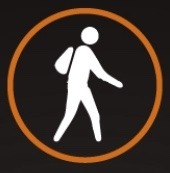
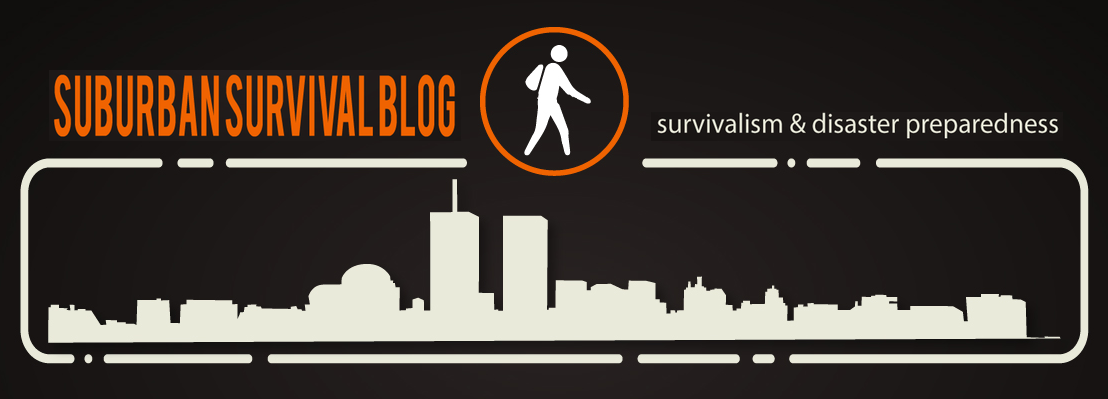
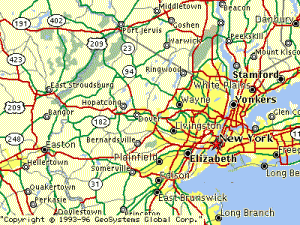


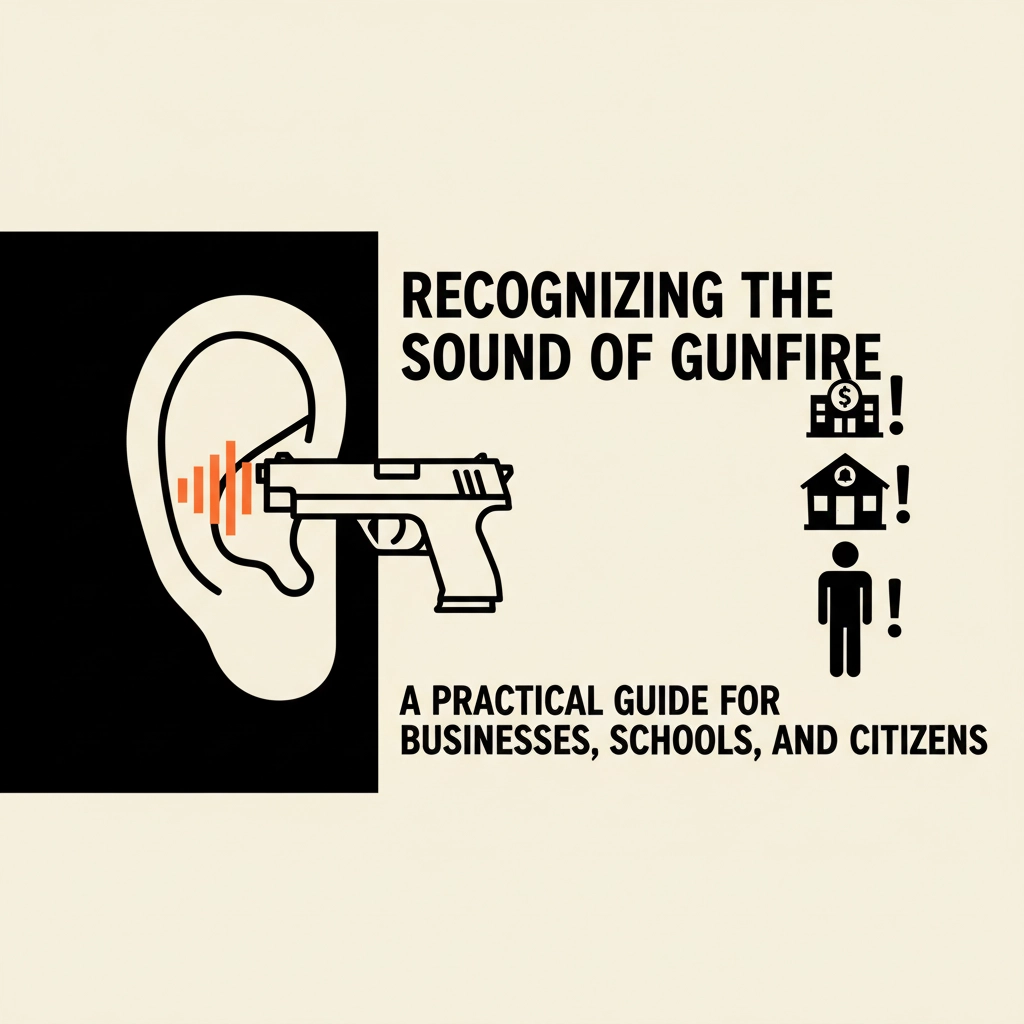
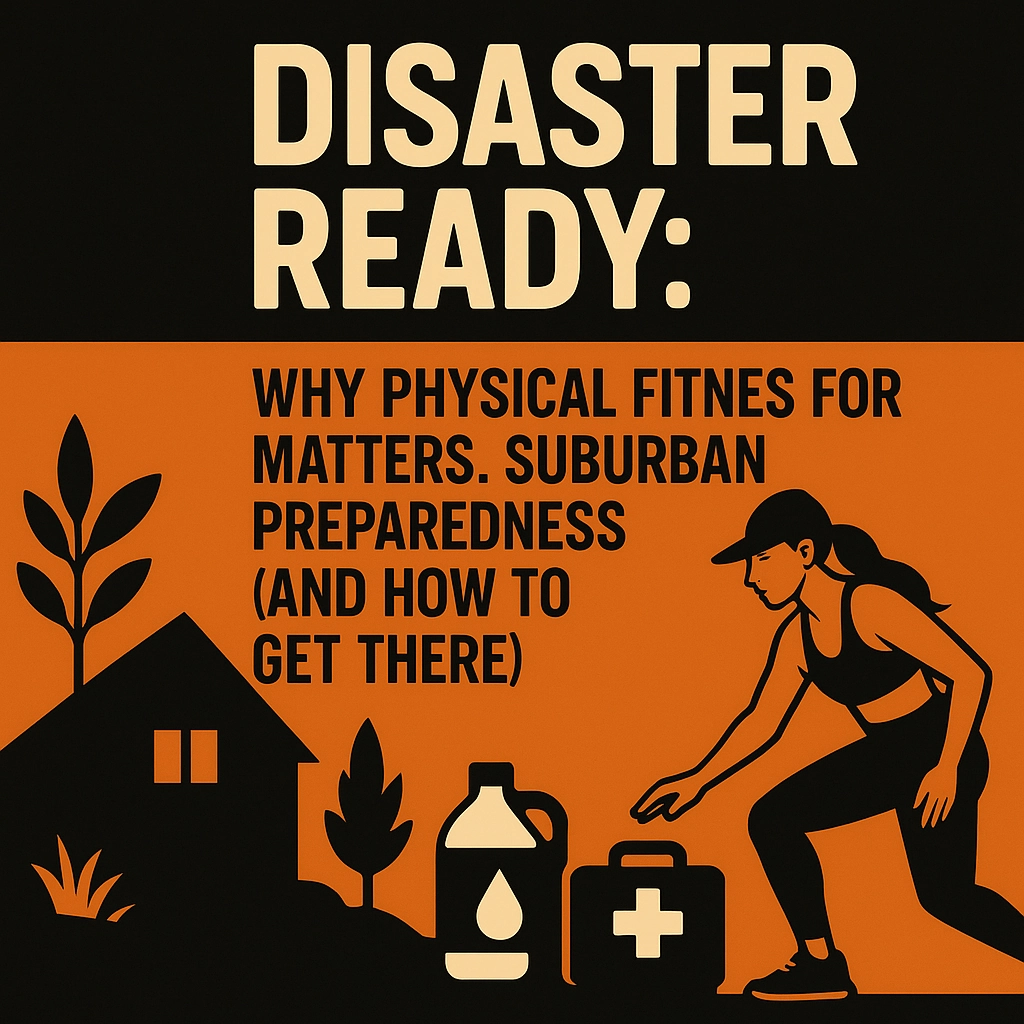



I enjoyed reading this article. If the SHTF, I hope to exit the city way ahead of the mobs. Have not read the Neil Strauss book, will add it to my Amazon list. Thanks!
Thanks… It has been a work in progress for me. Neil’s book is good, but it is a primer for someone who knows nothing, really about prepping.
i don’t know if you read about that dude that went through the argentina economic collapse but there is quite a lot we can all learn from it. Basically argentina had the biggest economic collapse of our time (around 40% unemployment or so) and the dude mentioned that the whole SHTF concept in a post collapse event didnt happen instantly but with time things started to get worse.
He also mentioned about how having the whole LBE/ar-15 thing wasn’t something that you could’ve used since obviously you cant walk around with that but you needed something to protect yourself hence CCW+vest. anyways I’ll try searching for that article, it was pretty interesting.
btw thanks for pointing out those books. I’ll take a look at them.
Dave, I would love to see that article. If you find it, please let me know and pass it along you can always email me directly at jack [at] suburbansurvivalblog.com. Thanks!!!